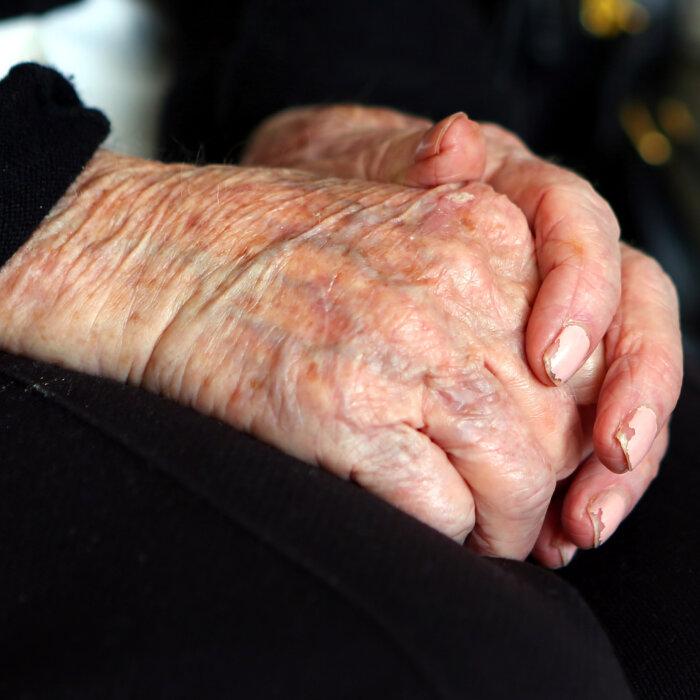There is an “urgent need for a rapid turnaround” of the Care and Quality Commission (CQC) after a review found “significant failings” in the internal workings of the health and care regulator.
The failings also had a “direct impact on the capacity and capability of both the social care and healthcare sectors to deliver much-needed improvements in care.”
Some of the issues Dash identified include poor operational performance, noting that there had been a “stark reduction” in the number of inspections between the pre- and post-COVID-19 pandemic periods, with 6,700 inspections carried out in 2023 compared to almost 15,800 in 2019. This fall in inspections resulted in delays in re-inspections, a growing backlog of new registrations of health and care providers, and an increasing age of ratings.
There are delays in producing reports and poor-quality reports, with all sectors telling Dash that they can wait several months to receive ratings and reviews after inspections. There is also a lack of clarity over how ratings are calculated.
A loss of sector expertise and restructuring had featured as issues contributing to the deteriorated quality of the regulator’s operations. The review said that the “current model of generalist inspectors and a lack of expertise at senior levels” is impacting the credibility of the watchdog.
‘Root Out Poor Performance’
In July, Dash published her interim report which said there was an “urgent need for comprehensive reform within CQC.”Dash said the full report published on Oct. 15 reflects the recent conversations she has had with staff and provides greater depth to her findings and recommendations.
Dash recommended a series of measures be taken to support improvements and restore credibility in the CQC, including a move to rapidly improve operational performance and quality of reporting, clarifying how ratings are calculated and being transparent about results, and rebuilding expertise.
“This government will never turn a blind eye to failure. An overly complex system of healthcare regulation and oversight is no good for patients or providers. We will overhaul the system to make it effective and efficient, to protect patient safety.”
CQC Transformation Programme ‘Failed’
The Department for Health and Social Care (DHSC) also announced that Sir Julian Hartley, the former chief executive of NHS Providers, would be appointed as the CQC’s new CEO.Richards’ review said that the CQC’s transformation programme in 2021 had delivered three significant changes: a major organisational restructure; the introduction of a single assessment framework across all sectors (including hospitals, mental health services, ambulances, and adult social care); and the development of a new IT system.
He said “all 3 have failed to deliver the benefits that were intended.” Some aspects of the transformation programme which were criticised included chief inspectors no longer being responsible for the inspections in their own sector and that the assessment framework is too complex and does not work with the range of diverse services that the different sectors provide.
Richards, a former chief inspector of hospitals at the CQC, called for a return for chief inspector-led teams and a less complex framework, as well as for the IT system to be rectified.







